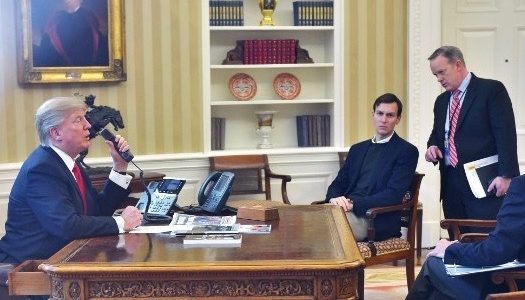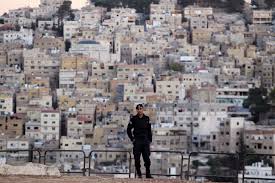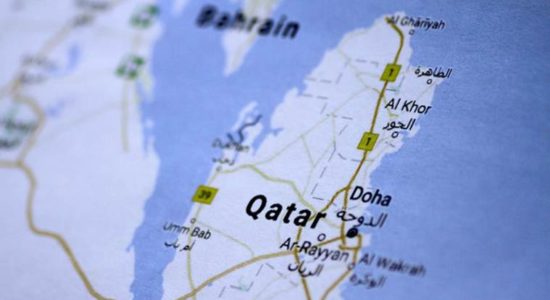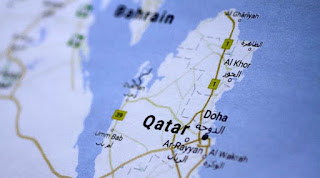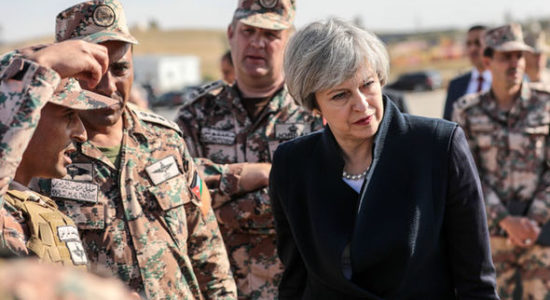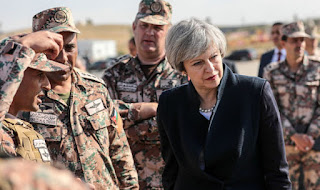Jordan: The need for “Horizontal Changes”
As Israel’s legislative elections approach in a few weeks, American activity in the region is increasing, particularly towards regional settlement. This can be seen with the recent visit from Secretary of State Mike Pompeo to Israel this week, which ma…





